Table of Contents:
- The importance of indoor play
- Top 10 Indoor games for kids
- Benefits of educational indoor games
- Consequences of not playing indoor games with kids
Indoor games for kids transform ordinary spaces into fun playgrounds in the comfort of homes. These activities are entertaining and teach important skills necessary for a child’s development. In this article, we will discover some interesting indoor games for children that are not just fun but also help in your child’s holistic development.
The Importance of indoor play
Indoor games are a key aspect of a child’s formative years. They enhance focus, and analytical skills and are an excellent option for evoking their curiosity.
Top 10 indoor games for kids
- Scavenger Hunt
- Building Blocks
- Memory Match
- Dress-Up and Role-Play
- Indoor Obstacle Course
- Arts and Crafts
- Board Games
- Indoor Bowling
- Puppet Theatre
- Indoor Gardening
A scavenger hunt is one of the best indoor games for toddlers. You can create a list of things for your kid to search around the house. You can show pictures to younger kids instead of words in the list. With this game, children learn observational skills and skills to follow instructions.
Building Blocks is one of the classic educational games for kids. It helps kids become aware of spaces and develop fine motor skills and creativity. You can challenge your child to create structures and allow their imagination to run free.
Memory match games are one of the most valuable educational games for children. This game also enhances their focus and retention skills. Show picture cards to young kids and transition to word cards as they continue to grow up. Level up this game regularly to the skill level of your little one.
Dress-up is one of the most joyful fun games for kids at home. It helps children develop their imagination, social skills, and language skills. Keep a dress-up box with different costume items to build their story-building skills.
Turn your living room into an adventurous obstacle race. Use cushions, chairs, and boxes to develop a challenging game. This indoor game for kids improves physical activity, balance, and critical thinking skills.
Arts and crafts offer unique educational games for kids. These activities encourage creativity and fine motor skills. Create a craft station using materials like paper, crayons, glue and safety scissors. Motivate your kid to explore their creativity.
Board games are among the best indoor games for children. They help them develop essential life skills, such as waiting for their turn, following rules, and practising good sportsmanship. Select board games that match your kids’ ages.
Indoor bowling is a fun game for kids at home. You can create a bowling alley using plastic bottles as pins and a softball. This game increases hand-eye coordination. It also teaches critical maths skills when children count the pins they have knocked down.
Puppet theatre is one of the best educational games for toddlers. It helps kids with storytelling and language skills. You can use store-bought puppets or create your puppets using socks or paper bags. See your child’s imagination bloom with this game.
Help your child explore the world of nature with indoor gardening. This educational game for children aims to teach responsibility, patience, and some basic science lessons. Begin by planting simple herbs or plants in pots that can be easily repotted.
Benefits of educational indoor games
Educational games for kids are essential in their learning process. They help develop the following skills:
- Cognitive skills: Understanding problem-solving, analytical abilities and memory.
- Social skills: Collaboration, interaction, and empathy.
- Physical skills: Fine and gross motor skills, hand-eye coordination
- Emotional skills: Right attitude, confidence, resilience and emotional regulation.
- Creativity: Imagination, creativity, and self-expression.
When you include educational games for children in your daily practice, you are giving the child the finest educational experiences.
Consequences of not playing indoor games with kids
There are certain consequences if you do not encourage indoor games with kids. They are as follows:
- Cognitive development slows:
- Problem-solving skills are not utilised due to lack to exposure of puzzles and board games.
- Memory capacity is limited due to a lack of practice in retention games.
- Children lack thinking abilities and have fewer opportunities to think and make decisions.
- Social skills stagnate:
- Children lose patience as they do not know how to wait for their turn during group play.
- Children who do not engage in group games have reduced social skills.
- Children may lack communicative skills as they are no longer involved in role-playing.
- Physical development may be impacted:
- Indoor games for kids help with motor skills. These skills may be reduced if you do not introduce them to these games.
- Children may not be exposed to hand-eye coordination required to play indoor games for kids.
- Children may also lack balance and spatial ability if they do not play indoor physical games.
- Screen time potentially increases:
- If you do not encourage indoor games for kids, they might turn towards increased screen time.
- Increased screen time could impact their sleep patterns and overall health.
- Children may also lack problem-solving skills and might depend on virtual solutions.
Indoor games for kids are fun and serve as play when outdoor exercises cannot be arranged. Ranging from scavenger hunts to indoor gardening, these ten fun games for kids at home offer various options to meet the interests of various groups.
At Mother’s Pet Kindergarten, we believe in early childhood education and play as the basis of the young ones’ learning processes. We include educational games for toddlers in our curriculum, which offers a holistic learning experience. By introducing indoor games for kids, we will help your children learn skills beyond the classroom.
Remember, the criteria for selecting indoor games for children are to make them enjoyable, diverse, and suitable for the kids’ age. Do not shy away from getting creative when inventing new indoor games for kids. The most important factor of any game is the amount of time spent together.
The next time you search for ideas to engage your kids at home, try these indoor games for kids. You will be surprised to learn how much fun your kid has within four walls with indoor games for kids.

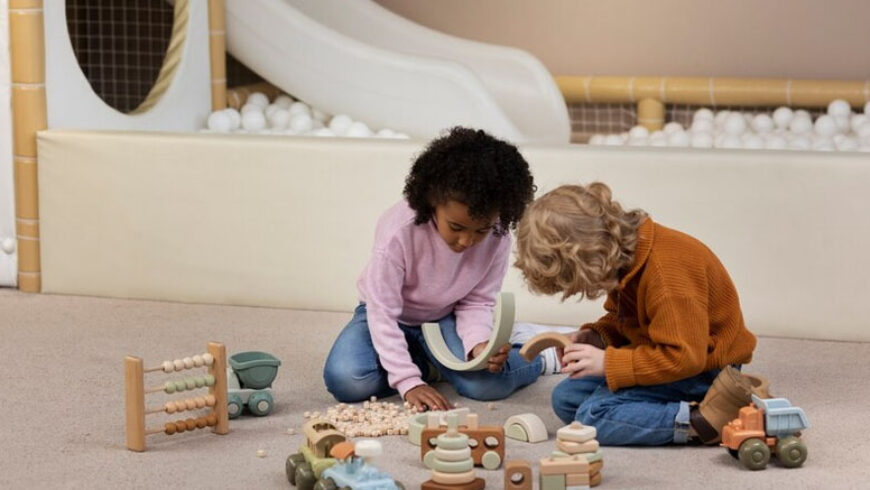
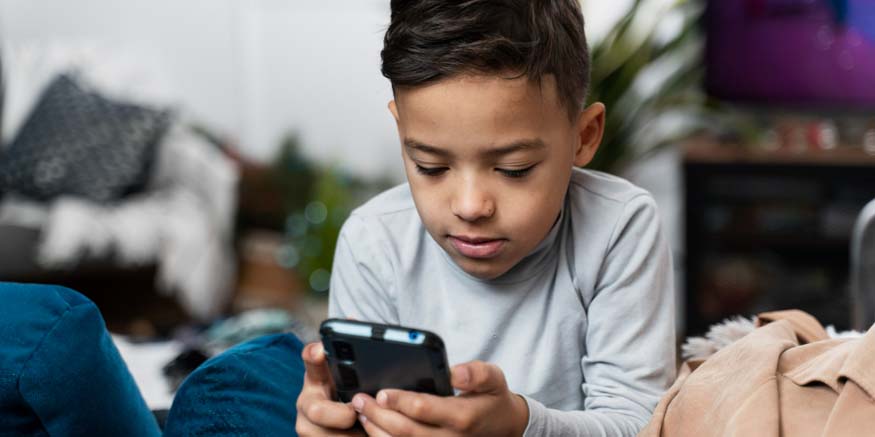




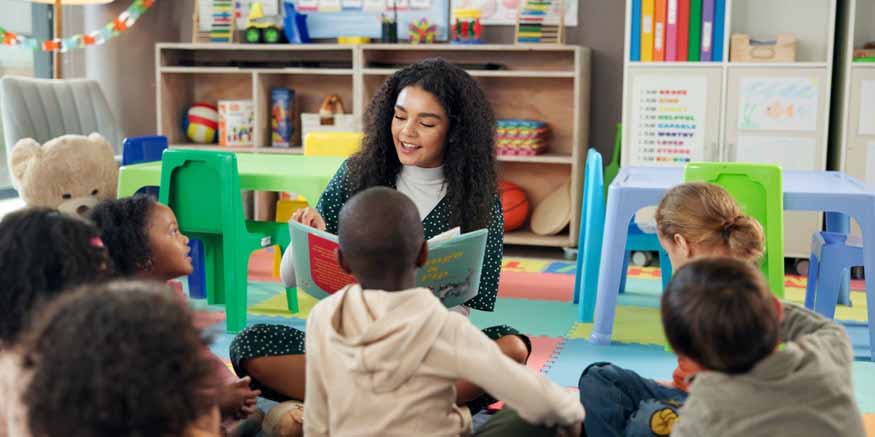
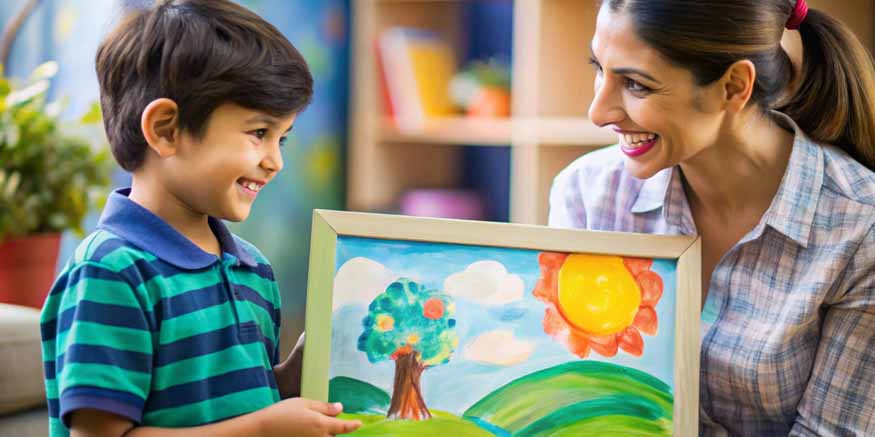
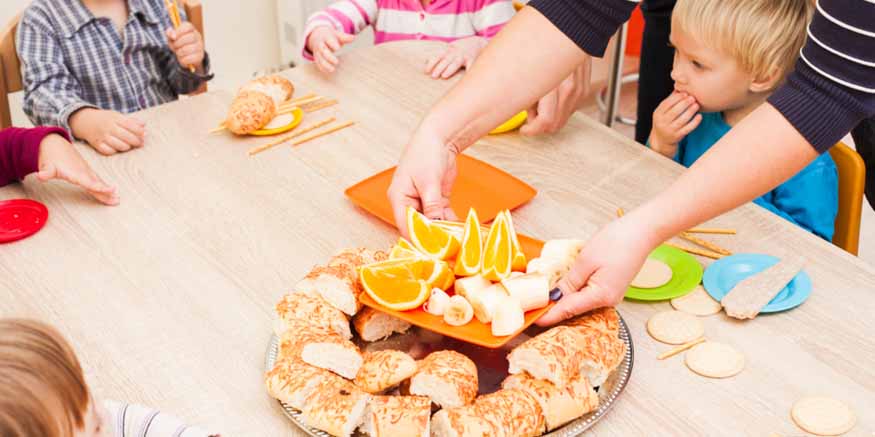

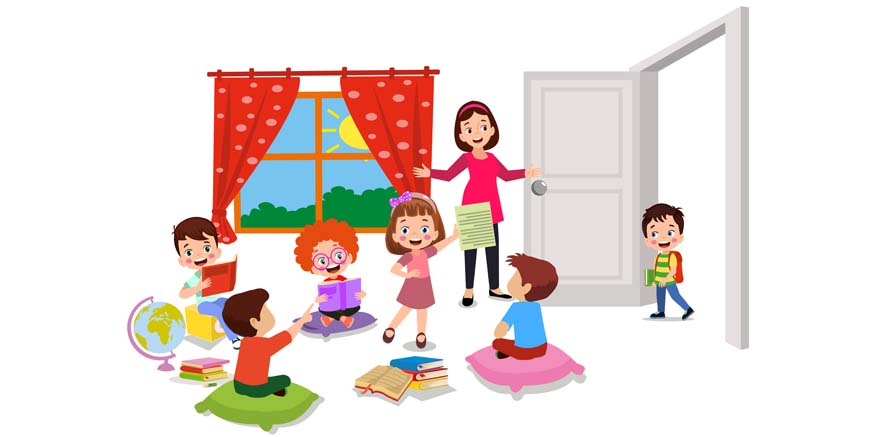

Recent Comments